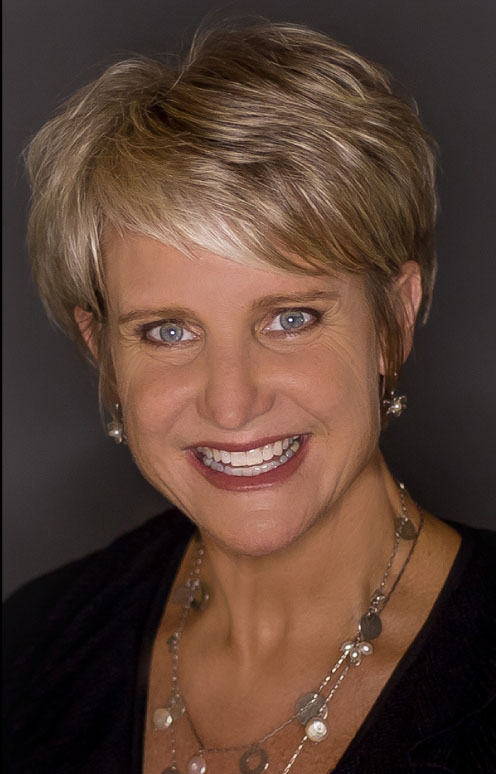Sponsored
Why Does Everyone Tell Me to Avoid Probate?
By Ann E. Salek, Attorney at Law
Critchfield, Critchfield & Johnston, Ltd.
Probate is a court procedure that enables your estate assets to transfer to your heirs. When you pass, the “title” to certain assets cannot transfer to your heirs unless your will is probated. The probate court oversees this process, and the assets cannot be distributed until the court approves the proposed distribution.
This process can sometimes be cumbersome and is typically done with the assistance of an attorney. This can result in time and money (court fees and attorney fees) spent to get assets distributed to your heirs. This is typically why people want to avoid the probate procedure.
However, not all assets must go through the probate procedure in order to be distributed to your heirs. People often re-title assets or name beneficiaries to avoid the probate process. This can be a great plan if implemented correctly. However, many people do things to avoid probate without understanding the unintended consequences that may occur. The unintended consequences can cause bigger problems than what the probate process would have been.
For instance, you may think it would be easy to make your real estate “transfer on death” to your three children which will avoid the probate process. However, for your three children to then sell/transfer the real estate after your death, all three children must agree to the sale/transfer, plus each of their spouses must sign the deed to release their dower rights to transfer the real estate. That may be a problem if one of the children is in the middle of a divorce or is generally not cooperative with the rest of the family. It is also a significant problem if one of the children has creditor issues and immediate ownership of real estate (upon your death) will cause the real estate to be subject to a lien by their creditor.
Banks and financial planners often advise people to make an account “payable on death” to their children or add their children as beneficiaries to an account. That makes sense on the surface, but if that bank or financial planner does not know of all your assets, how they are titled, and what your general estate plan is, that may cause a problem. For instance, if you have real estate that needs probated but your cash accounts all transfer outright to your heirs, your executor has no cash to use to maintain the real estate until it sells.
Another pitfall is if you make one child the beneficiary of one account, and another child the beneficiary of another. If you get sick and one of your accounts is depleted to pay for your care, the beneficiary child on that account will receive nothing upon your death, and that was not your intention.
The issue to keep in mind is that it is best to get comprehensive advice regarding your entire estate plan. Inform your attorney of all your assets, how they are titled, and who you want to receive them when you pass. Your attorney can help you avoid probate if it makes sense. Your attorney will also be able to advise you of the pitfalls of certain planning. If you “piecemeal” your plan in an attempt to avoid probate, there may be some unintended negative consequences that result.

Sponsored By
Critchfield, Critchfield & Johnston, Ltd.
Attorneys at Law
4996 Foote Road, Medina, OH 44256
330-723-6404 • www.ccj.com
Opinions and claims expressed above are those of the author and do not necessarily reflect those of ScripType Publishing.

